
A place for stories about chronic illness, disability, mental health, and neurodivergence.
depression
-
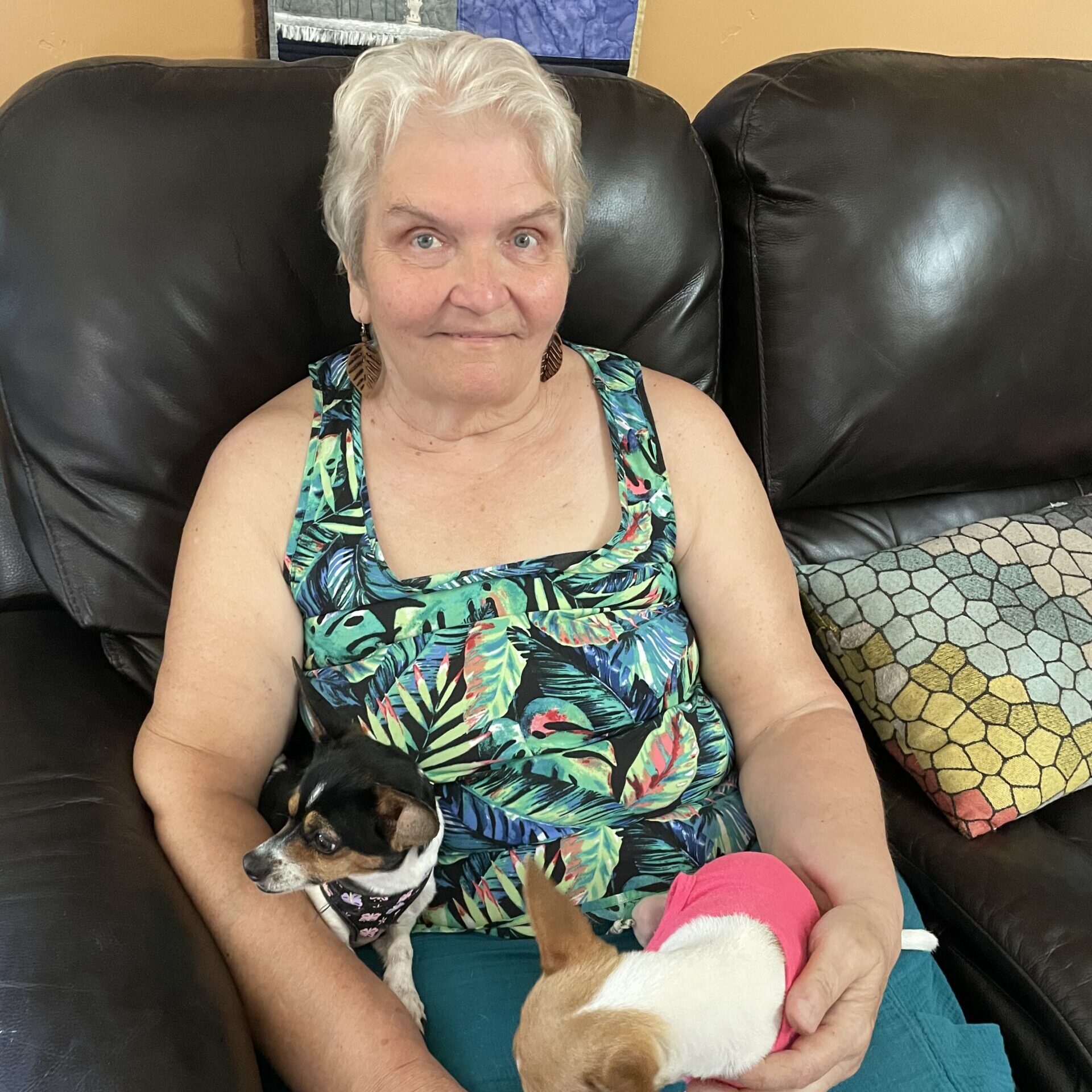
-
 By Diane Funston
By Diane FunstonIn her newest poem, Knee Brace veteran Diane Funston writes about arthritis, family, and the darkest time of year.
-
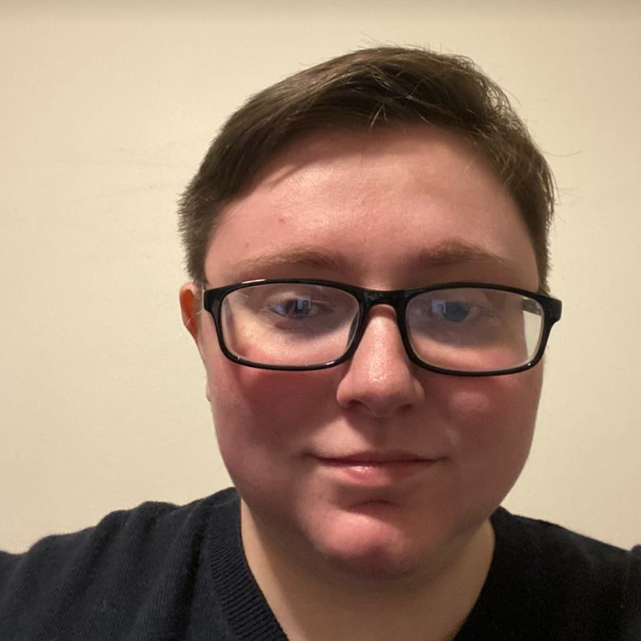 By Taylor Kovach
By Taylor KovachIn their first poem for Knee Brace Press, Taylor Kovach writes about self-hatred and passive ideation.
-
 By Joann Evan
By Joann Evan“I make light with a lantern made of papier-mache/It burns me as it shows the way/To a one-star resort with a welcoming glow/Leave the light on for me/Thinking makes it so.”
-
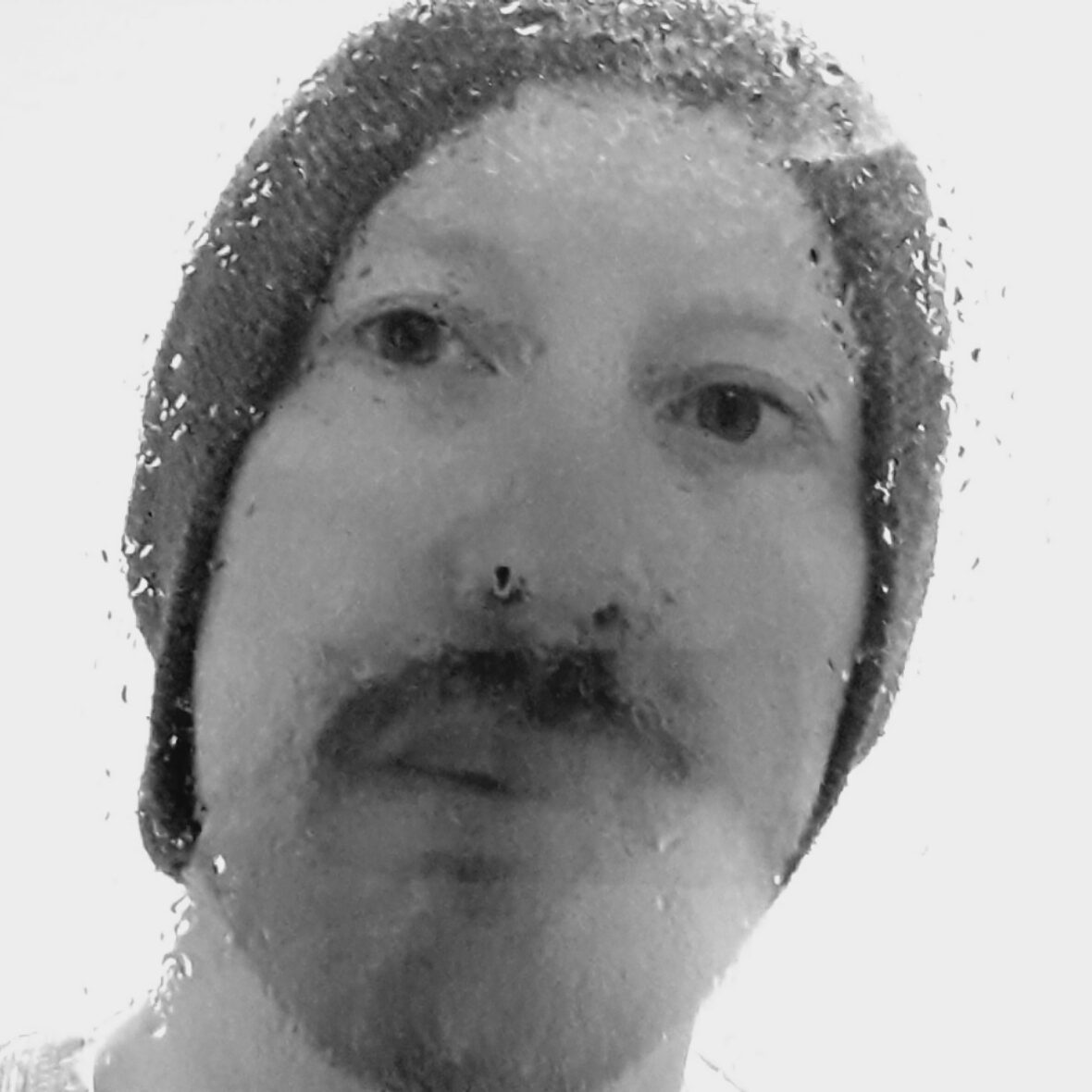 By Allison Stalberg Siebens
By Allison Stalberg Siebens“I certainly can be guilty of black-and-white thinking at times, which is a common neurodivergent trait: something is ultimately right or wrong. Writing is a way to help me question that and find the gray in-between.”
-
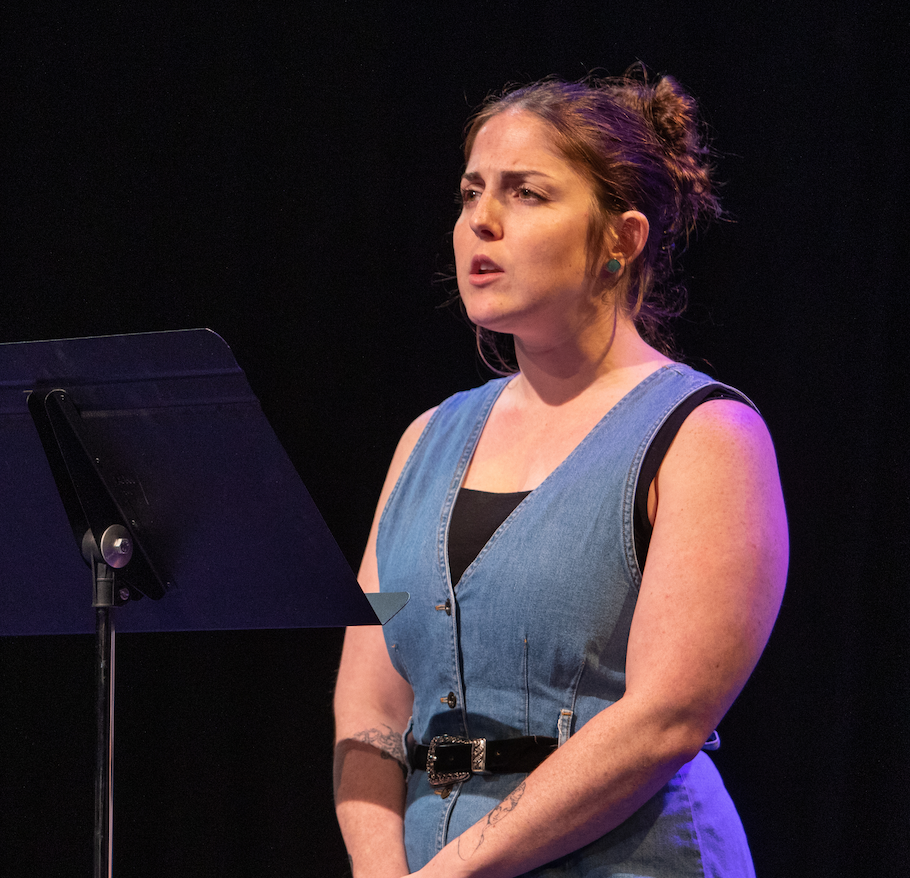 By Ericka Russell
By Ericka RussellImagine a world where suicide can be simulated through virtual reality. This is the context of Ericka Russell’s short story, Suicide Simulation, and the basis for the ethics the main character must grapple with.
-
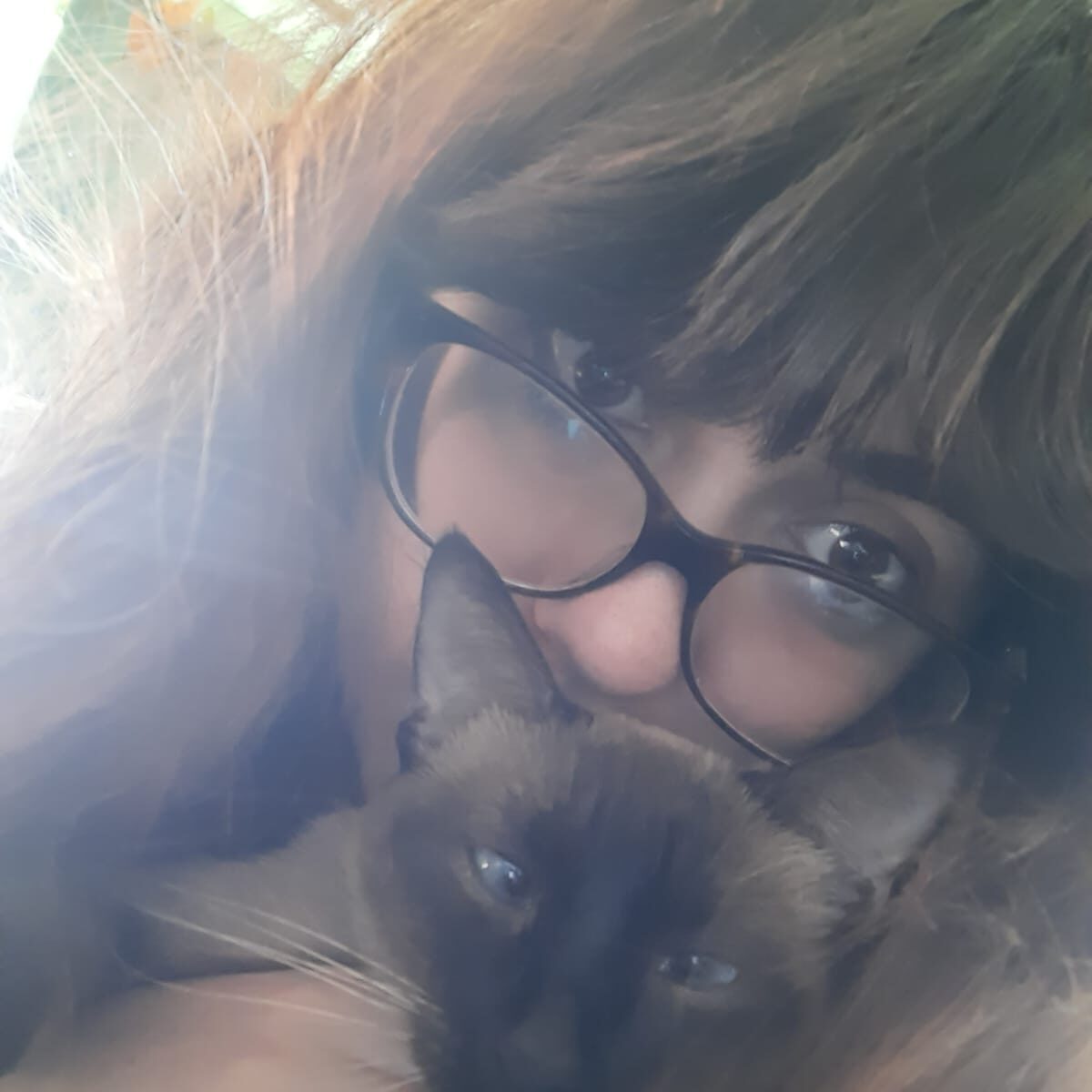 By AM Rodriguez
By AM Rodriguez“I lose sight of my body/And I fear not recognizing/The girl looking back at me/Inside the cheap mirror in my room.”
-
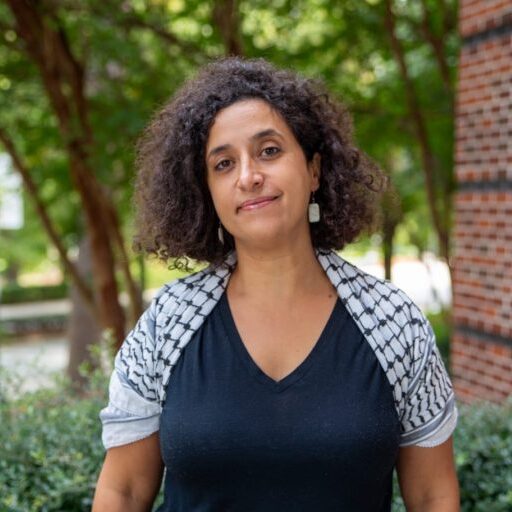 By Allison Stalberg Siebens
By Allison Stalberg SiebensWe spoke with author Diya Abdo about her book American Refuge, the impact of resettlement on the mind and body, and how to write a story with compassion and empathy.
-
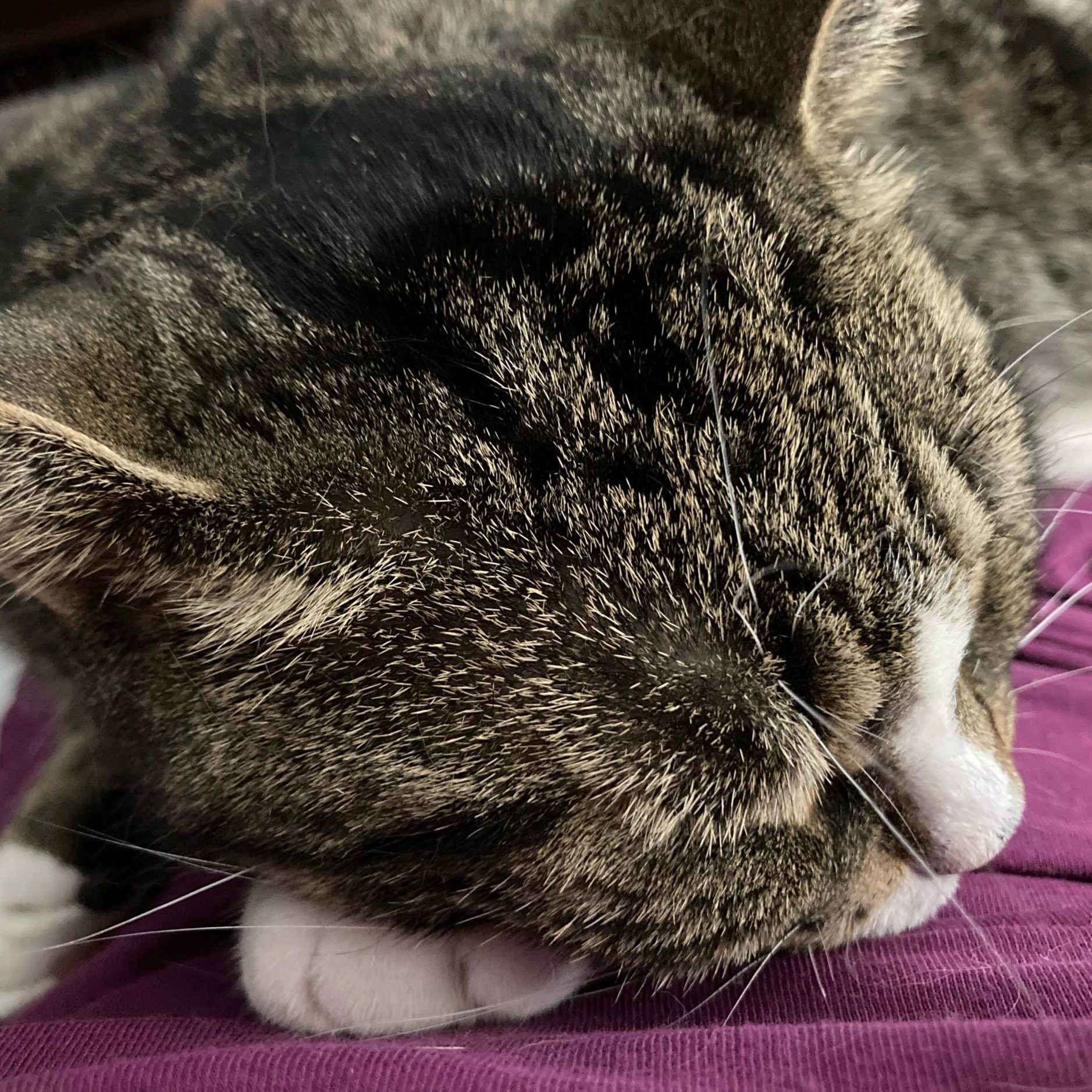 By EJ Croll
By EJ CrollEJ Croll’s speculative short story, Spoons, is about their own experience of chronic fatigue, chronic pain, and the frustration of living with these limitations.
-
 By AM Rodriguez
By AM Rodriguez“And yet sometimes, I feel cold./There’s a deep void in my chest/No matter how much I try, it remains bare.” In this poem, AM Rodriguez details what it’s like to struggle with depression and grief, even when the rest of the world appears full of light.